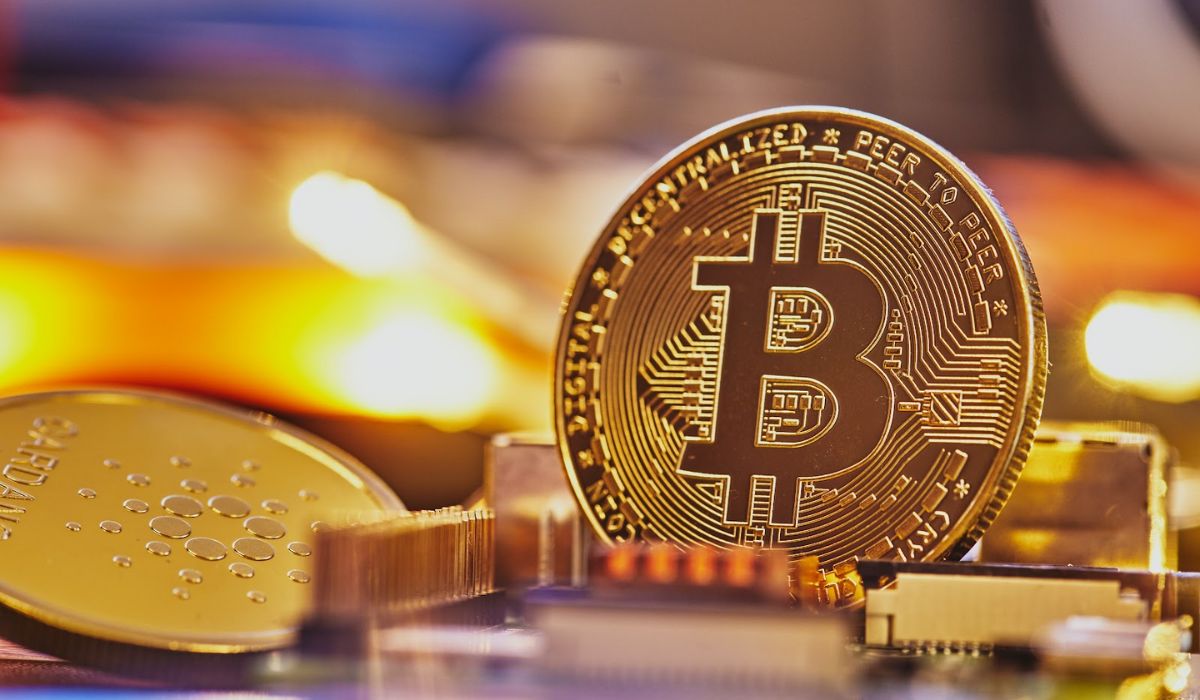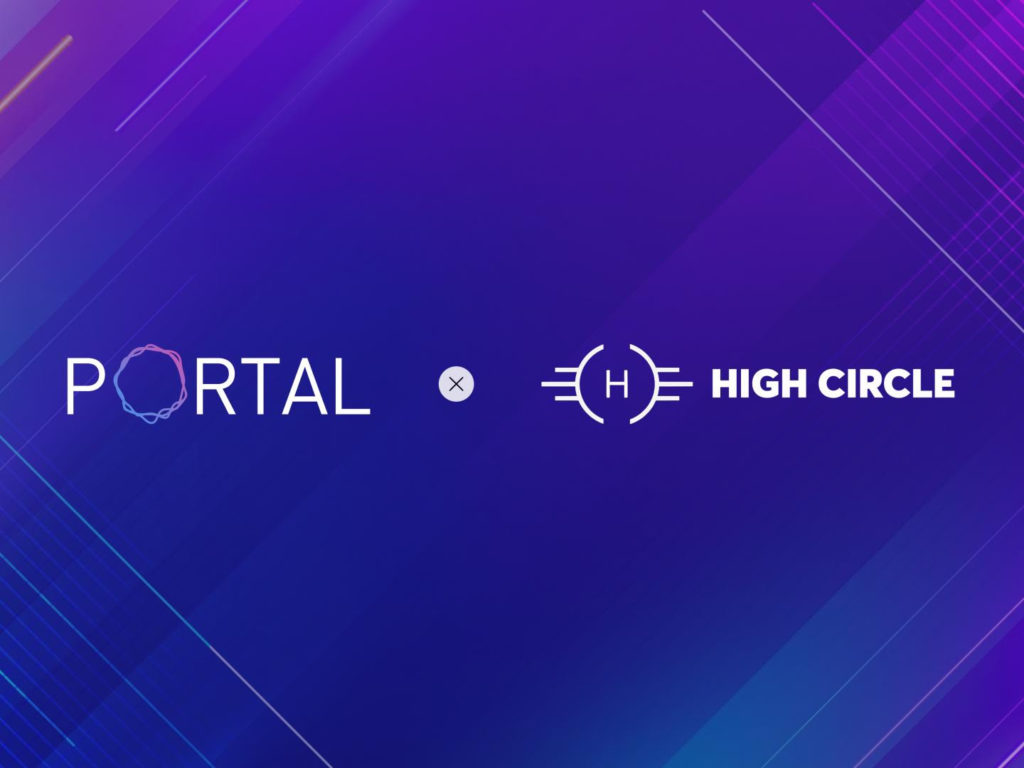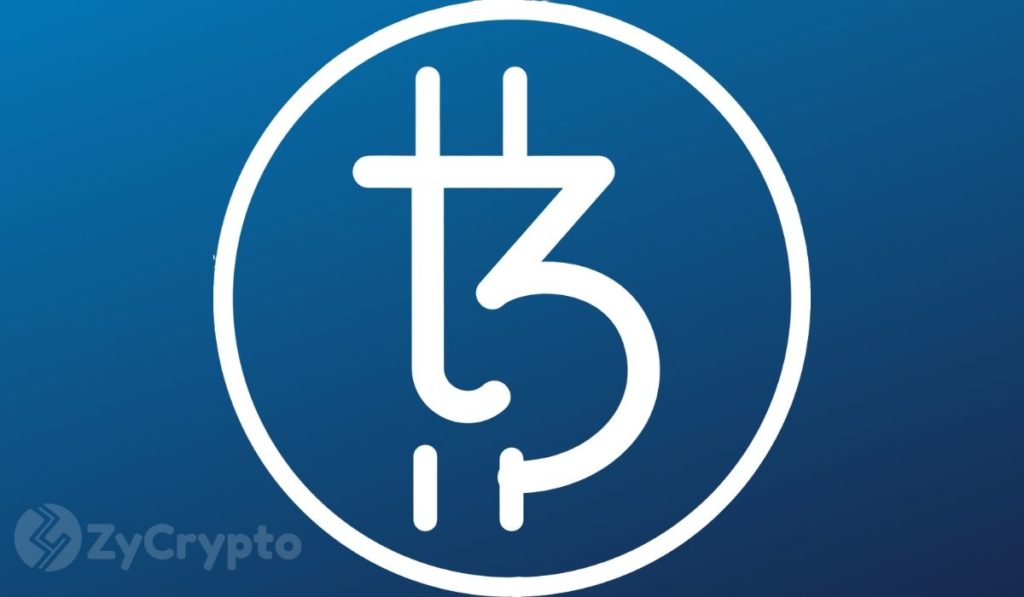2020-5-28 17:04 |
Coinspeaker
Bitcoin Revolution: Legal-Economic Analysis on Cryptocurrencies and Blockchain Technology
Bitcoin is a payment system and a cryptocurrency, born in 2009 by a pseudonym. It is characterized by being totally decentralized, not established or controlled by any central bank and therefore not subject to any monetary policy, with control on transactions carried out by several independent entities in a decentralized and distributed manner, which guarantees anonymity and low transition costs.
The fundamental innovation of Bitcoin, as technology supporting the payment system, consists of distributing the keeping of accounts: the accounting book where all transactions are recorded is no longer kept by a single bank or by the banking system as a whole, but by each of the users in your local memory. In this way, in addition to being decentralized, the register is also distributed in a network in which no node is central. This distributed ledger is what is called a blockchain.
The Bitcoins are placed on the market through a defined extraction process mining: connecting to the network and accessing the software open source, users have the possibility to start an “extraction” process based on calculations made by computers to verify the uniqueness and security of transactions; the computer that finishes the very complex calculation receives bitcoins in exchange.
The number of Bitcoins is predetermined and their production inversely proportional to the duration will end in 2140. Most experts agree that bitcoin is more of an investment (speculative) than a real currency because of its extreme volatility. Visit the Bitcoin system official site for more detail.
Consensually and Transparency of BlockchainThe characteristics of immutability, security, consensually and transparency of the blockchain, the technology born as a support to the Bitcoin system, have made it attractive in many other sectors. According to some, this is a real digital revolution that will lead to a “new generation of the Internet”.
The digital revolution and modern technologies have profoundly changed our habits and social relationships, with sudden and unstoppable transformations. The phenomenon has obviously not spared the payments sector, which is actually one of the ones that best express the potential and benefits associated with innovation. In the wake of the digital transformation and the development of new services, alternative payment instruments to cash have taken on an increasingly decisive role for commerce and society.
In the present work, the writer wanted to analyze a recent and totally new phenomenon, potentially capable of upsetting the current economic dogmas. It is Bitcoin (with a capital letter, according to the usual use, to indicate the payment system; with a lower case letter if we refer to the currency), a cryptocurrency and a payment system created in 2009 by an anonymous inventor. Behind these cyber coins, there is a technology called blockchain, which some believe may rewrite from the ground up how to manage transactions on the web.
It is essential to retrace the steps that led to the advent of electronic money, starting from the first coins known, dating back to the reign of Croesus in Lydia in the seventh century BC, then focusing on the lexical difference between two concepts that, although often used in a similar way, actually present marked differences, money and money. The various functions of money (unit of account, store of value, and means of payment) have found a place in a specific paragraph.
Electronic money is an electronic substitute for coins and banknotes, intended to make payments of limited amounts, by transferring funds from person to person in a scriptural way, but without physical support. It differs from other commonly used payment systems in that, unlike traditional payment cards, the monetary value is directly included in the virtual object.
Therefore, the payment does not imply any account-to-account registration and the possession of electronic money does not require the user to have a bank account. As an electronic payment instrument that incorporates a monetary value equivalent to the number of funds received by the issuing entity, electronic money can be stored both on a microchip card, that on the memory of an electronic device, and is accepted as a means of payment by subjects other than the issuer. Due to its characteristics, it can be considered an alternative payment instrument to cash.
Bitcoin Revolution: Legal-Economic Analysis on Cryptocurrencies and Blockchain Technology
Similar to Notcoin - TapSwap on Solana Airdrops In 2024
Bitcoin (BTC) на Currencies.ru
|
|

















